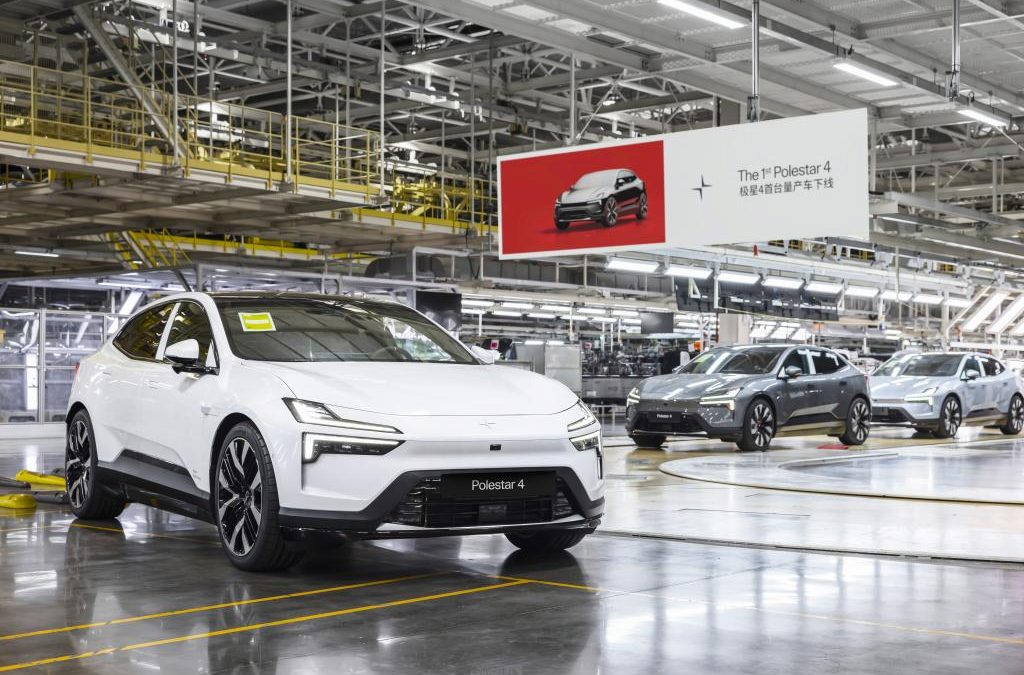Volvo revealed Thursday that it has cut off funding for its electric vehicle subsidiary Polestar — despite the fact it was among the first automakers to embrace electric cars.
Shares of Swedish automaker’s stock surged more than 30% on Thursday as the company declared Volvo Cars is focused on “developing and concentrating its resources on its own ambitious journey, including its own in-house electric vehicles.
Volvo, which currently owns a 48% stake in Polestar, said it was considering ceding more control over the high-end EV maker’s operations to China-based Geely Holding.
Geely is also Volvo’s biggest shareholder, and the two firms collaborated to launch Polestar.
“Geely will continue to provide full operational and financial support to Polestar going forward,” Volvo said in a release. “As a result Volvo Cars will no longer provide further funding to Polestar.”
Despite its decision, Volvo touted signs of progress for its in-house EV efforts.
Sales of Volvo’s EVs jumped 70% as the company sold 113,419 fully electric cars last year.
Volvo still plans for its vehicle lineup to be fully electric by 2030.
After a years-long boom in the EV sector, automakers and rental firms alike have begun dialing back on their investments due to slowing interest from consumers.
Rental giant Hertz recently revealed plans to sell off about 20,000 EVs from its fleet, owing to high repair costs and a lack of demand.
Tesla, which has aggressively slashed prices on its EV lineup in a bid to drive up sales, admitted earlier this week that it expects sales growth to be “notably lower” this year.
Polestar has struggled to find its footings since going public through a merger with a special purpose acquisition company, or SPAC, in 2022.
The company’s stock has plunged more than 80% since its debut.
Earlier this month, the EV company revealed that it had delivered under 55,000 cars last year — short of its targets — as inflation-strapped buyers opted for cheaper alternatives.
Polestar also revealed that it would cut about 450 jobs, or roughly 15% of its global workforce, due to “challenging market conditions.”
The company does not expect to break even from a cash-flow perspective until 2025.
Polestar said that Volvo Cars “will remain a strategic partner in areas across R&D, manufacturing, after sales and commercial” and said it has “made significant progress” in building up its business despite recent hiccups.
With Post wires
Source




